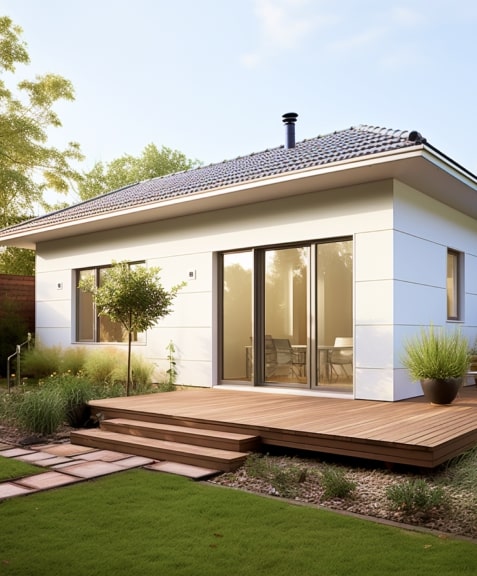
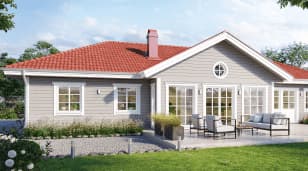


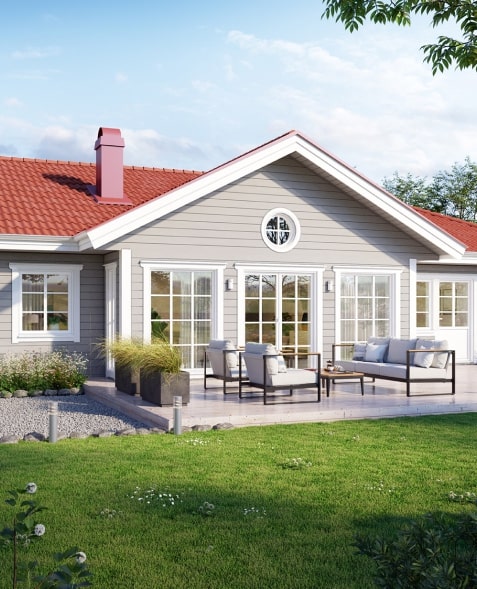

A link to download your FREE brochure will be in your inbox in 3 minutes
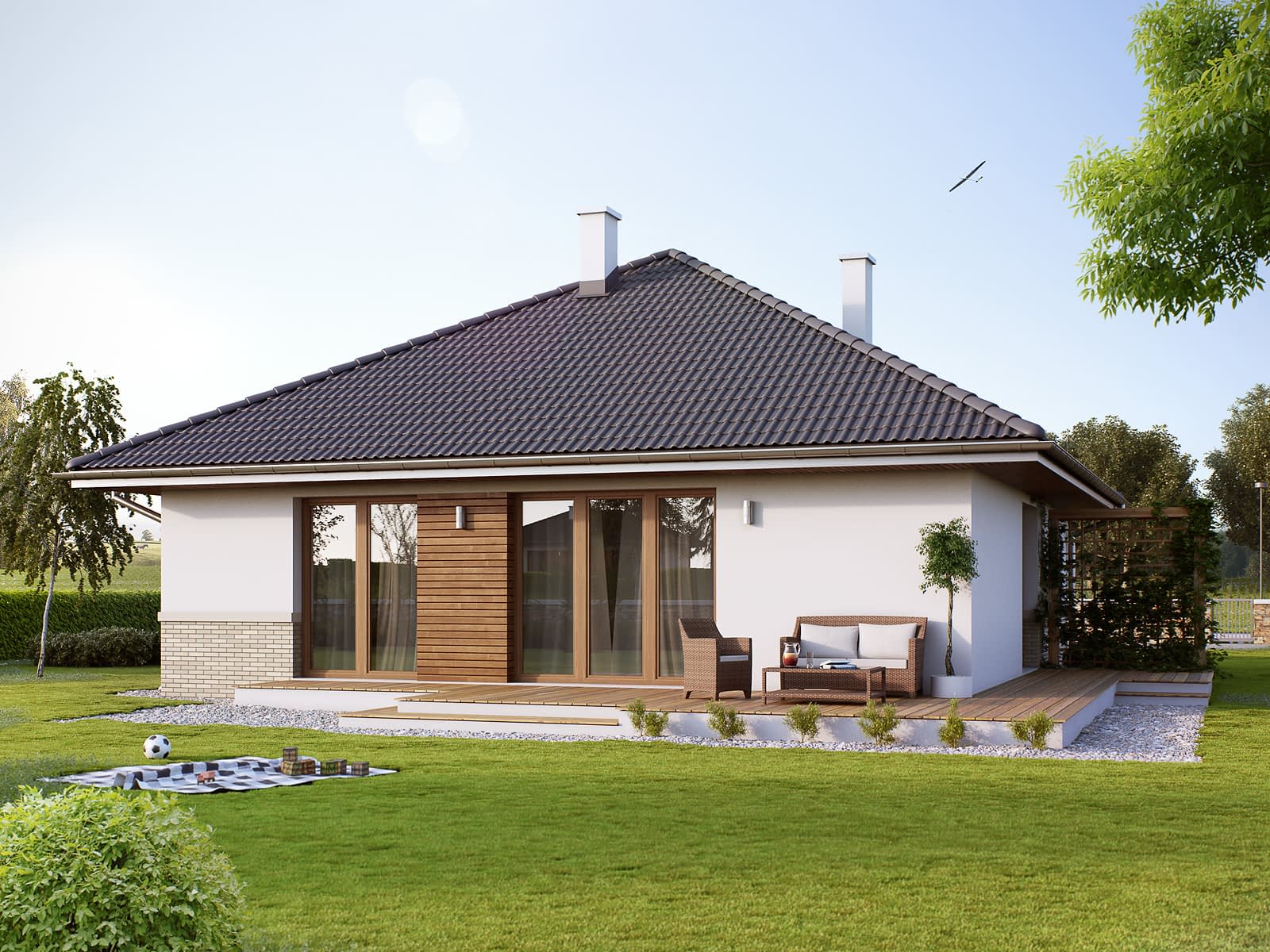





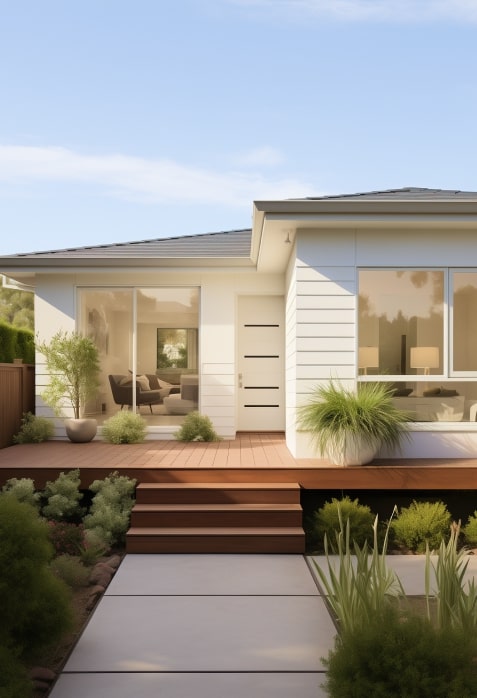
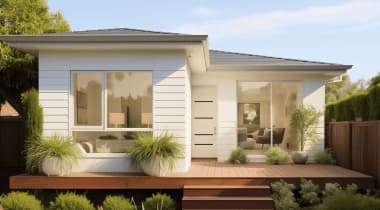











The final price may vary based on project specifics.
To get a free accurate quote tailored to your needs, book a consultation with us today!

The price per square foot provided is an average and may vary depending on project-specific details such as materials, location, complexity, and other factors. Actual costs may differ from the average provided.
It is recommended to obtain a detailed quote based on the specific requirements of your project.

Please note that the monthly payment displayed on this page is an estimate and is subject to variation based on the selected loan product, applicants credit score, loan amount, and other financial details. Actual monthly payment may differ from the estimate provided.
It is recommended to seek advice from a financial advisor or loan officer to obtain precise payment information tailored to individual circumstances.
 Your Trusted
Local Contractor
Your Trusted
Local Contractor
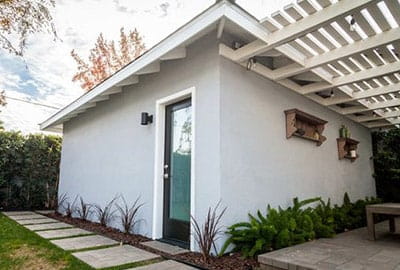
The surging popularity of the tiny home movement isn't just a fleeting fad; it's a transformative wave in the realm of alternative housing. With countless individuals opting for minimalism and compact living, an essential query emerges: who insures tiny homes? For both future aspirants and existing tiny house owners, comprehending the nuances of tiny house insurance becomes paramount. Let's navigate this labyrinth.
Mobile tiny houses and stationary tiny homes are quickly eclipsing traditional housing preferences. As these compact homes redefine living standards, a plethora of tiny house insurance companies are sculpting specialized policies.
The insurance offerings for these homes diverge distinctly from standard homeowners' insurance:
Essential for the tiny house owner, this shields against mishaps on the property. Given that tiny homes can either be rooted or mobile, this coverage's significance escalates.
This safeguard is indispensable, be it for mobile tiny homes or stationary tiny houses. It offers a protective layer against potential damages, standing apart from the expansive scope of standard homeowners' insurance.
For DIY enthusiasts crafting their own tiny havens, this policy acts as a safety net, covering potential damages during the construction phase.
Insurance agents have honed their skills to steer tiny house owners toward the pinnacle of tiny house insurance. Rather than a diluted variant of homeowners insurance, these policies are meticulously crafted to meet the unique challenges and vulnerabilities of tiny dwellings.
Acquiring the optimal coverage allows tiny house owners to strike a balance between comprehensive protection and cost-effectiveness. Specialized insurance bundles are available, catering to both roving and anchored tiny homes, with provisions to fine-tune coverage based on individual needs, including emergency expense coverage.
As the societal lens shifts toward compact habitation, national organizations and insurance powerhouses are evolving in tandem. With an array of insurance policies at their disposal, tiny house owners are poised for rigorous research, ensuring their distinctive abodes are aptly shielded.
Diving into the intricate world of tiny home insurance reveals a spectrum of options.
The chosen insurance largely pivots on the intended use and design of the tiny residence:
For those with stationary tiny homes, conventional homeowners insurance might be the logical choice, encompassing both dwelling coverage and personal property coverage (personal articles coverage).
Tailored for mobile tiny houses and the unique demands of a house on the move.
Many tiny houses are mobile, with some recognized by the Recreational Vehicle Industry Association. For these homes, an RV insurance policy can be a viable option, encompassing features like trip collision coverage or medical payments coverage.
For DIY artisans, this insurance mitigates potential construction-associated risks.
Entities like Strategic Insurance Agency and American Modern Insurance Group have delved deep into the realm of customized tiny house insurance solutions, offering curated options for these compact wonders.
Insuring tiny houses is riddled with complexities, and here's why:
Drawing a line between a tiny home and a recreational vehicle often breeds confusion, leading to challenges when procuring tiny house insurance.
Some DIY tiny houses might sidestep local building codes, casting them as risk-intensive in the eyes of insurers.
While the market is growing, not all insurance providers cater to tiny homes. Intensive research becomes essential to unearth the best tiny house insurance solutions.
When considering insurance for tiny homes, it's vital to understand the intricate details and consult with knowledgeable insurance agents. Whether you're looking to insure a DIY project, a stationary tiny house, or a mobile unit, there are insurance policies tailored to fit every need.
When plunging into tiny house insurance, myriad factors mold the coverage type and premium:
The best tiny home insurance companies offer a wide range of benefits, such as fair value protection, purchase coverage, hidden water damage coverage, detached structures coverage. The best company covers lost rent and solves your problems when the old landlord insurance policy expires.

In this era of minimalistic living, ensuring tiny homes—be it mobile tiny homes, DIY constructs, or stationary tiny houses—is of paramount importance. The insurance sector is responding with a myriad of options, from RV insurance for mobile homes to homeowners insurance for anchored ones. Grasping components like dwelling coverage, liability coverage, dwelling theft coverage, and property replacement coverage is pivotal for comprehensive protection. Given the vulnerability of some tiny homes to environmental adversities, flood insurance is also a vital consideration. As tiny homes redefine the housing paradigm, acquiring apt insurance is indispensable, irrespective of the home's footprint.
Get your tiny home insured by picking a reliable insurance provider that can offer a full-range mobile home insurance coverage, within coverage limits. Feel safe and sound and enjoy living in your tiny dwelling!
Yes, some traditional tiny home insurance companies, like American Family Insurance and Liberty Mutual, offer coverage for tiny homes. However, it's essential to double-check with the insurance agent about the specifics.
Yes, if your area is prone to floods, it's advisable to purchase additional flood insurance on top of your tiny house insurance policy.
While there’s an overlap, RV insurance covers aspects specific to recreational vehicles. Meanwhile, tiny home insurance is tailored more towards homes, whether stationary or mobile.
Opting for a higher deductible, bundling insurances, and installing security features can help reduce your tiny house insurance costs.
A variety of insurance companies cater to tiny homes. Among them, Strategic Insurance Agency specializes in tiny house insurance policies tailored for both stationary tiny homes and mobile units. Other companies like American Modern Insurance Group and Liberty Mutual also offer coverage for these unique dwellings. Engaging with an insurance agent can direct tiny house owners to the best tiny house insurance that suits their needs.
A builder's risk insurance policy is specifically designed for homes under construction, providing coverage against potential damages during the building phase. In contrast, standard homeowners insurance generally covers a completed stationary tiny home against damages, liabilities, and may include additional provisions like dwelling coverage. It's essential to consult with a tiny home insurance company to understand the nuanced differences.
Indeed, numerous insurance policies incorporate vacation liability insurance designed expressly for vacation tiny houses. Such coverage becomes essential when these tiny homes serve as short-term accommodations. Given that vacation dwellings may pose varied risks than stationary tiny homes utilized full-time, this specialized insurance assures that tiny house owners enjoy peace of mind during their holiday retreats.
Dwelling coverage zeroes in on safeguarding the house's structural integrity. When it comes to DIY tiny houses, such coverage can differ, primarily if the construction doesn't align with local building codes. This divergence can subsequently shape the pricing and stipulations of the insurance policy. On the other side, stationary tiny homes, constructed by accredited professionals, often qualify for more competitive insurance rates due to their adherence to industry-approved norms.
Can flood insurance be bundled with my tiny home's insurance policy, and is it necessary?
Yes, if your area is prone to flooding, you can often add flood insurance to your tiny house insurance policies. While not every tiny home may require flood insurance, those situated in flood-prone zones are highly recommended to purchase this additional coverage for comprehensive protection.
Get a First Look at Real ADU Projects